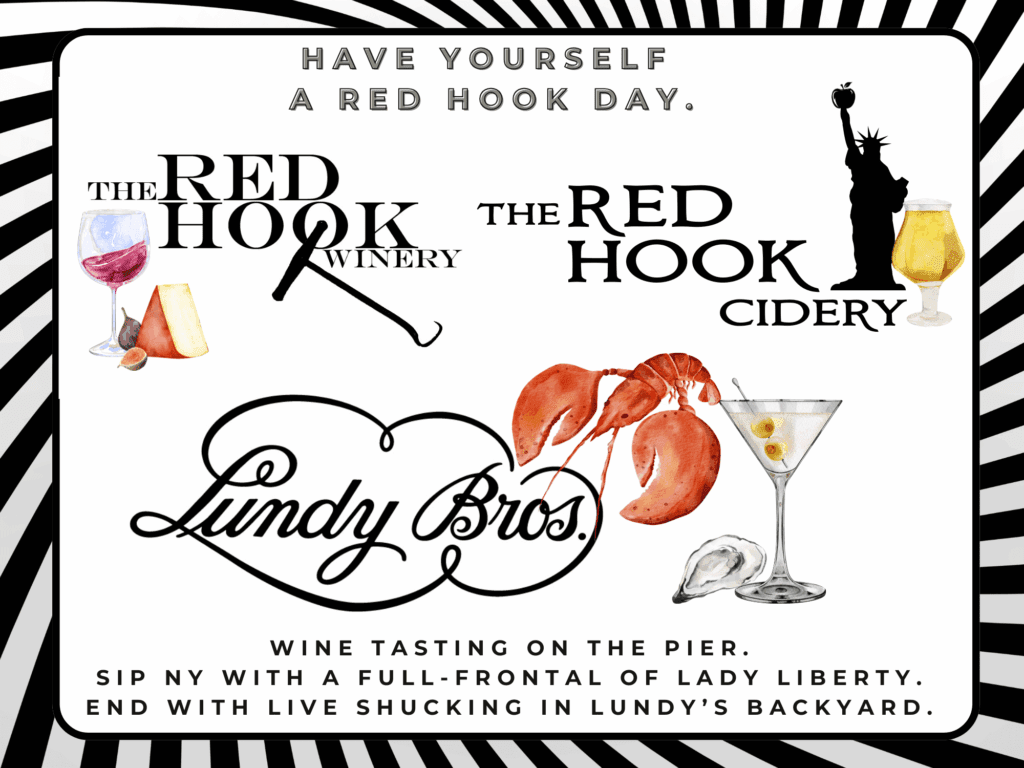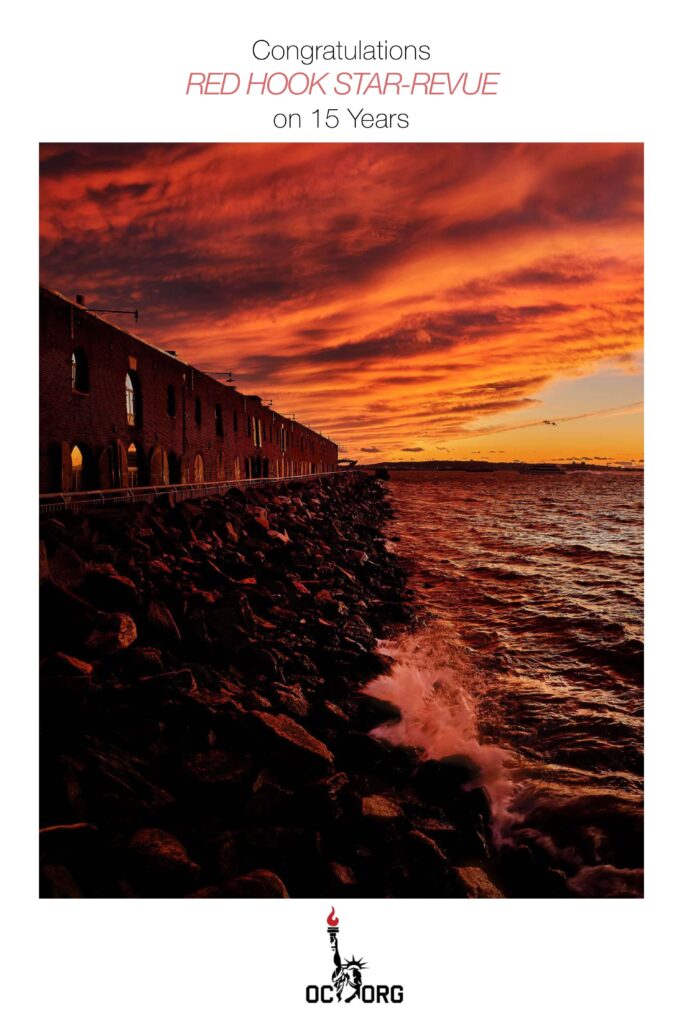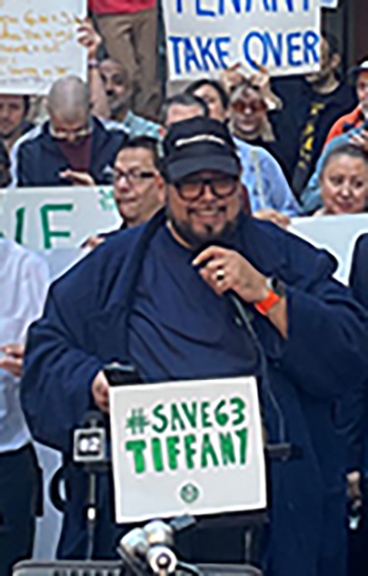The recent death of Juice WRLD (pronounced “juice world”) is yet another famous causuality by drug abuse. Jarad Anthony Higgins, age 21, was a gifted and rising musician, praised critically and supported by devoted listeners. During his short career, Juice WRLD would release hit songs like “Lucid Dreams” (peaking at number 2 on Billboard’s Hot 100 chart), complete an international tour with rap queen Nicki Minaj, and release multiple collaborations like “Hate Me,” with singer Ellie Goulding.
On December 8, 2019, just six days after his birthday, Juice WRLD would die of drug-related complications (cardiac arrest, seizure). According to most sources, authorities were alerted by the pilot of the private jet rented by Juice WRLD. Chicago Police and the FBI were waiting for the musician upon arrival at Chicago’s Midway Airport. They seized numerous sealed bags of marijuana and codeine syrup (aka “lean”). A consistent narrative surrounding Juice WRLD’s passing is that he took a lethal dose of pills (allegedly Percocet) out of fear of being caught by authorities. In his music, Juice regularly discussed his troubles with addiction and depression, often highlighting the difficulty he was facing with drug abuse.
“Realistically you can’t win; you will overdose and die. I try not to speak about drugs in such a positive light,” Juice WRLD said during a 2018 interview with radio personality Tim Westwood.
This story is riddled with all the unfortunate tropes of fame, drug abuse, and addiction. Juice WRLD’s unfortunate passing invites us to look at our pop and drug culture, as well as our attitudes toward mental health.
The currency of fame is stronger than ever (see social media), and most things attached to fame are glorified, drugs included. Today, Percocet and Molly (capsulated MDMA) have become lyrical norms in pop music, with apathy being the most prevalent pushback.
From Marilyn Monroe and Elvis to Whitney Houston and Amy Winehouse, pop culture regularly presents us icons who wrestle with drug addiction and, sadly, lose.
“What’s the 27 club? We ain’t making it past 21,” Juice WRLD eerily predicted in his 2018 song “Legends.”
It would be unproductive to have the usual conversations about fame by simply regurgitating doom stories of Hollywood’s dark side. The truth is, people struggling with addiction come from all walks of life, most of which aren’t in Hollywood. Admittedly though, the stressors of fame’s demands, heightened access to worldly pleasures, and our lagging interest in mental health make the entertainment business an ideal breeding ground for excess and early death.
What is the casual user’s understanding of the biological effects of drugs? Do people really know what they’re taking or do they just know it feels good? While a questionable comprehension of drugs’ effects and greater access to them are contributors to abuse, our general unease regarding mental health is perhaps the biggest contributor. Drug abuse is often a response, not the root issue.
Additionally, the slow pace of the evolving legal and social acceptability of drugs adds to the “hush-hush” attitude around their use. Most of the drugs found in Juice WRLD’s jet were bags of marijuana, which begs the question, would Juice WRLD have felt the pressure to take all those Percocet pills if marijuana were federally legalized or legal in all states?
“Addiction knows no boundaries and its impact goes way beyond the person fighting it,” said Carmella Wallace, mother of Juice WRLD.
While the landscape is daunting, the growing popularity of self-awareness practices like therapy and harm reduction does provide some hope. Drug abusers often become addicts, not simply from a moment of curiosity alone, but also from unresolved trauma and mental health issues. Mental health counseling from a young age (adolescence) needs to be standard, and not a pop-up conversation every time there is a mass shooting or famous death. Intentional and proactive self-awareness practices can be challenging, but they shouldn’t be prolonged. Talking about mental illness doesn’t make one crazy, and trying to escape ourselves through drug abuse isn’t sane.
Roderick Thomas is an NYC-based writer and filmmaker (Instagram – @Hippiebyaccident; email – [email protected]).
Author
Discover more from Red Hook Star-Revue
Subscribe to get the latest posts sent to your email.










